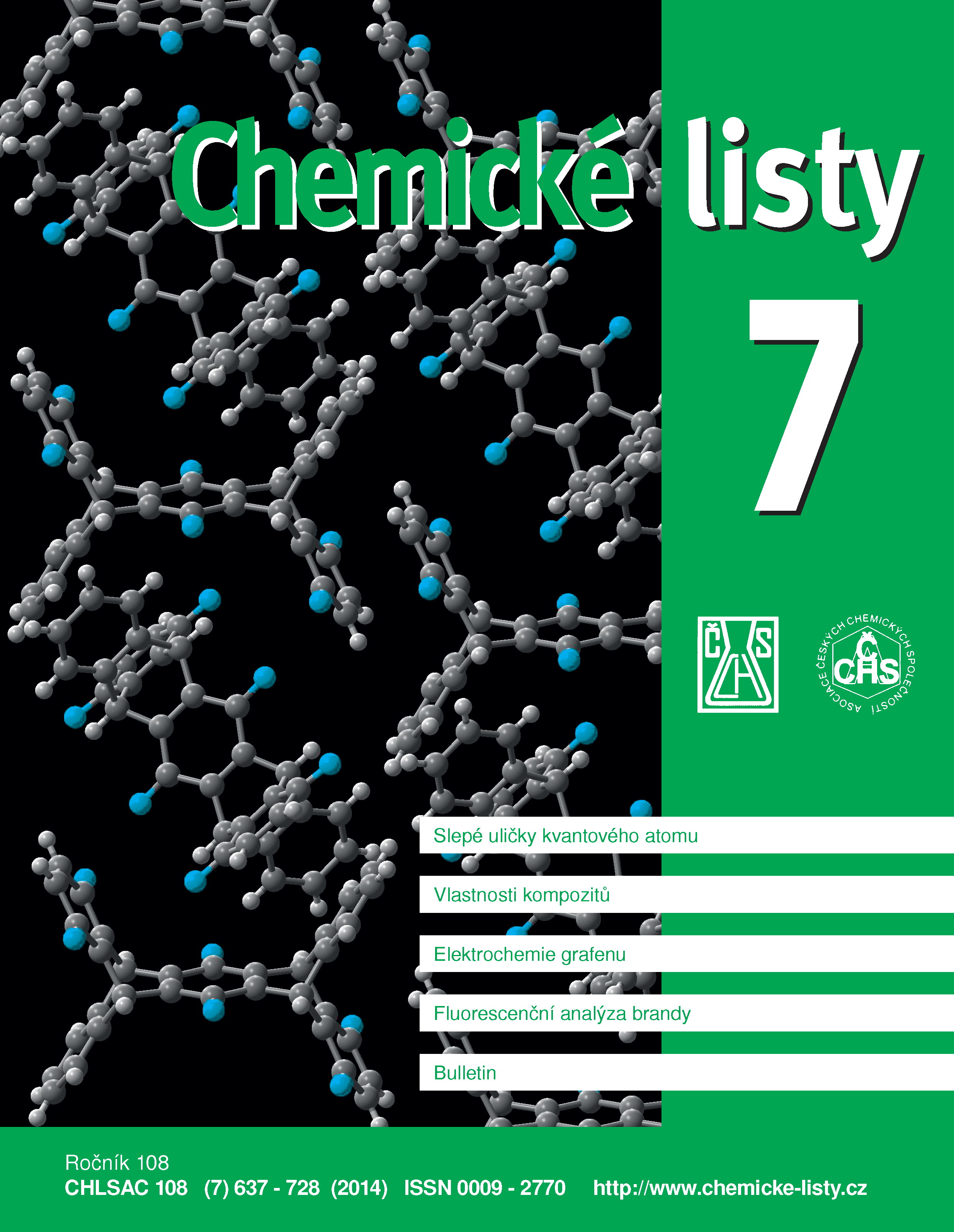Vliv nové kluzné látky syloidu na lisování tablet léčivých přípravků
Klíčová slova:
tablety, kluzné látky, mikronizovaný syntetický oxid křemičitý, stearan hořečnatý, stearylfumarát sodný, mikrokrystalická celulosa, parametry rovnice lisováníAbstrakt
Glidants are important excipients in drug tablet production. They prevent sticking of the tablet components to the punches of the tablet press leading to its halt. Mg stearate, a classical hydrophobic glidant, has many negative properties, such as reduced tablet hardness, prolonged tablet disintegration and slowing down the drug release. It is also incompatible with strongly acid or alkaline drugs. A newer glidant Na stearyl fumarate and a new glidant Syloid (micronized synthetic amorphous silica gel) show better properties. The influence of the glidants on the parameters of the compaction equation at the stages of precompression and elastic and plastic deformation are studied. The effect of glidants on tablet hardness is evaluated as well. Syloid decreases the tablet hardness only very little and provides a higher rate of volume reduction in the compaction process.





